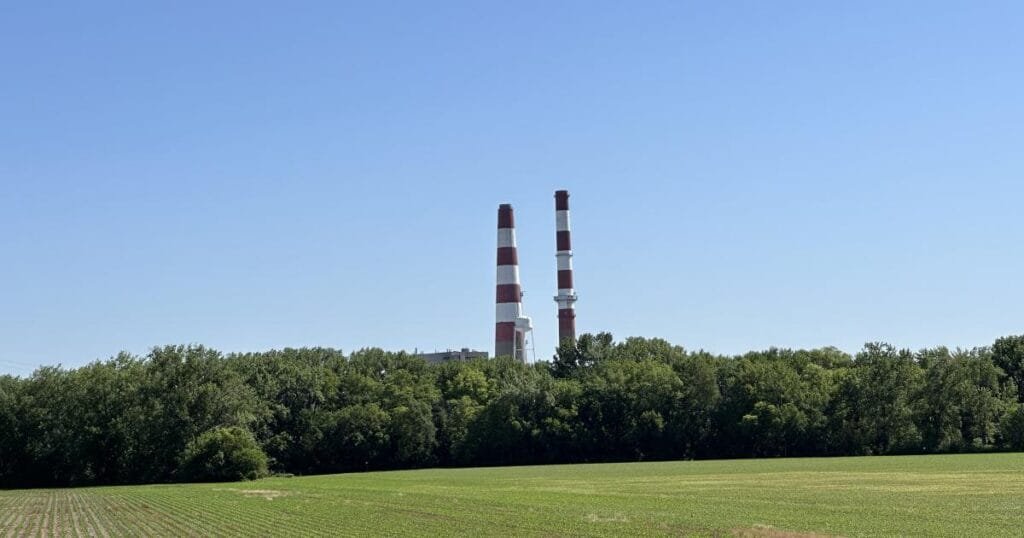Summary
The post explores the challenge of making climate change a compelling issue for voters, comparing it to the immediacy of rising egg prices. Following the 2024 election, many in the climate advocacy community are reassessing their messaging strategies. They emphasize the need to connect climate impacts to everyday costs, illustrating the financial burdens of climate change on essential goods, and advocating for clear, relatable communication to engage more voters.
Highlights -🥚
- Climate Messaging Challenge: Finding ways to make climate issues resonate as much as rising egg prices.
- Post-Election Reflection: Advocacy groups are reevaluating their strategies following the disappointing results of the 2024 election.
- Economic Focus: Voters prioritize economic concerns, with grocery prices influencing their votes significantly.
- Personal Connection: Making climate change personal by linking it to direct financial impacts on families.
- Earthflation Concept: Proposing a monthly “Climate Price Index” to track how climate change affects everyday expenses.
- California’s Role: California is seen as a leader in combining climate action with affordable living.
- Avoiding Misinterpretations: The election results should not be misconstrued as a rejection of climate policies.
How do we make the climate crisis as compelling to voters as the price of eggs? That’s a question—an existential question—I’ve been asking myself for weeks now. My UCLA Emmett Institute colleagues and I have some ideas that I’ll be sharing over the next weeks and months.
We’re hardly alone: Two months after a disheartening presidential election, some of the most effective climate messengers are grappling with how to talk about climate policy in new ways that broaden their appeal with more Americans. Advocacy groups, lawyers, researchers, scientists, and policymakers are all doing some version of this soul searching. Media organizations that cover climate politics are putting the spotlight on these discussions right now because the dust has settled from the election and the environmental consequences are among the most profound.
Some of the ideas springing from recent stories, blog posts and Op Eds are inspiring; some are depressing. Others are overly simplistic, and divisive. Many highlight the complex tension that my colleague Jim Salzman termed “The Greens’ Dilemma” and rehash the debate between ‘all-of-the-above’ energy versus timely phaseout. The truth is newspaper opinion pages can be lousy venues for this soul searching because editorial pages demand a definitive, fresh take in 1,000 words or less that is bound to boil down to a “this, not that” headline.
So, why eggs? Most weekends I carpool to the grocery store with my septuagenarian neighbor who lives on a fixed budget and all year he has obsessed over the price of a dozen eggs. He didn’t vote for Trump because of it, but inflation has dominated his thinking about the direction of the country like so many Americans. We’ve talked on our rides about how it’s largely because of avian flu constricting supply while there’s big consumer demand, but to him eggs remain an indicator that the economy is, well, rotten.
Egg prices are up more than 37% in the last year. Trump pointed to eggs in a recent NBC interview: “The groceries, when you buy apples, bacon, eggs — they were double and triple the price over a short period of time and I won an election based on that.” By far the most damaging political ad of the 2024 campaign was the one featuring Kamala Harris declaring, “Bidenomics is working.” Strategists for both the Harris and Trump campaigns agreed on that during a recent post-election panel. Polls and focus groups support this. A whopping 96% of voters said high prices for groceries and other goods were a factor in how they voted, according to AP VoteCast.
Read the full post at Legal Planet.





